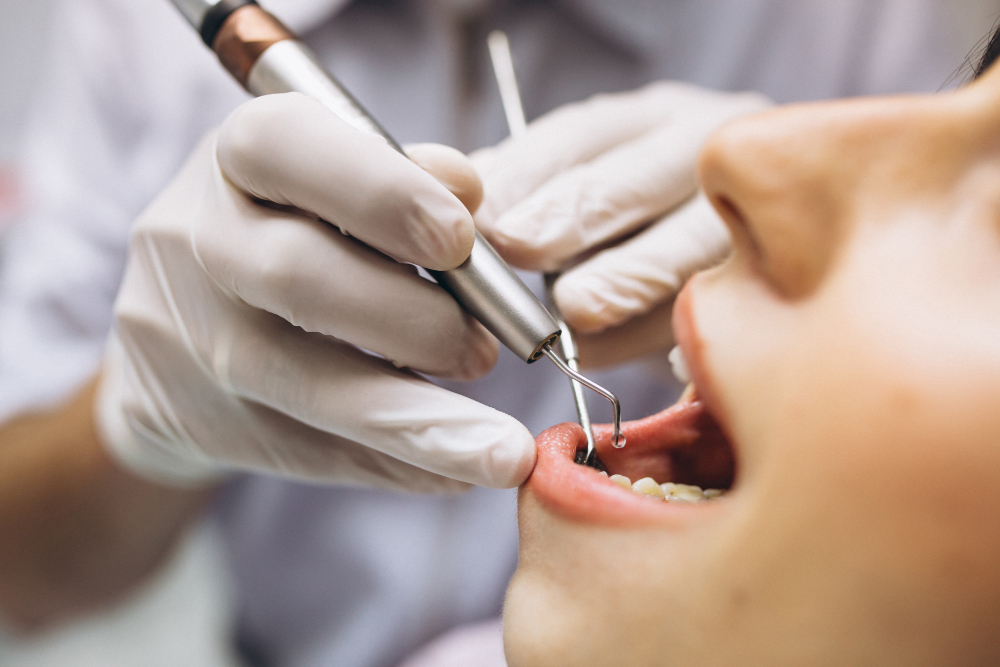Wisdom teeth are the four molars that typically erupt in the back of your mouth between the ages of 17 and 25. They are called wisdom teeth because they are thought to come in when you are old enough to be wise. However, not everyone has wisdom teeth.
How many wisdom teeth do people have?
Most people have four wisdom teeth, but some people may have fewer or more. It is also possible for wisdom teeth to be impacted, meaning that they do not erupt properly and become trapped in the gums.
Why do some people not have wisdom teeth?
There are a few reasons why some people do not have wisdom teeth. One reason is genetics. If your parents do not have wisdom teeth, you are less likely to have them. Another reason is that your jaw may not be big enough to accommodate all four wisdom teeth.
What happens if I don’t have wisdom teeth?
If you do not have wisdom teeth, you will not experience any problems from them. However, if your jaw is big enough, you may have room for four molars in the back of your mouth. If this is the case, your dentist may recommend that you have implants placed to fill the empty spaces.
What happens if I have wisdom teeth?
If you have wisdom teeth, there is a chance that they will cause problems. These problems can include:
- Impaction: This is when the wisdom teeth do not erupt properly and become trapped in the gums. Impacted wisdom teeth can cause pain, swelling, and infection.
- Crowding: If your jaw is not big enough to accommodate all four wisdom teeth, they can crowd your other teeth. This can lead to misalignment of your teeth and difficulty chewing.
- Gum disease: Wisdom teeth that are impacted or crowded can be more difficult to clean, which can lead to gum disease.
If you have wisdom teeth, it is important to see your dentist regularly to monitor them for problems. If your wisdom teeth do cause problems, your dentist may recommend that they be removed.
Here are some tips for taking care of your wisdom teeth:
Wisdom teeth removal is a common procedure that can be done safely and effectively. If you are experiencing any problems with your wisdom teeth, be sure to see your dentist right away.
- Brush and floss your teeth regularly. This will help to keep your wisdom teeth clean and prevent gum disease.
- See your dentist regularly for checkups and cleanings. Your dentist can check your wisdom teeth for problems and make sure that they are erupting properly.
- If you have any pain or discomfort from your wisdom teeth, see your dentist right away. They can diagnose the problem and recommend treatment.
- Taking care of your wisdom teeth is important for your overall oral health. By following these tips, you can help to prevent problems and keep your teeth healthy.





